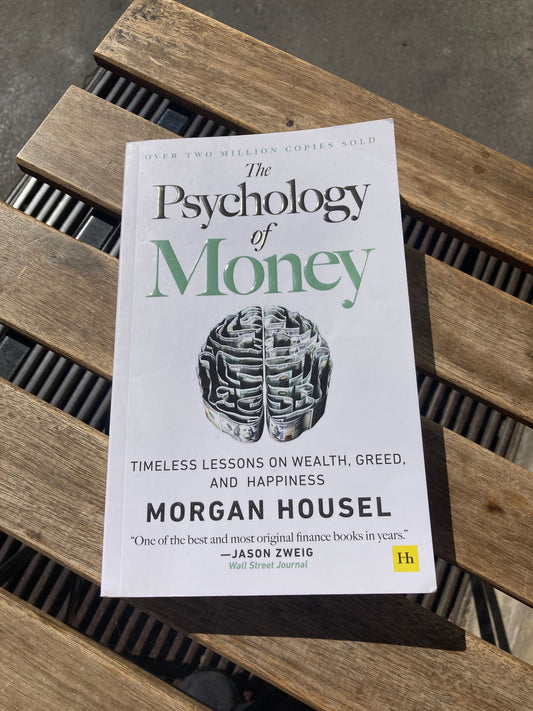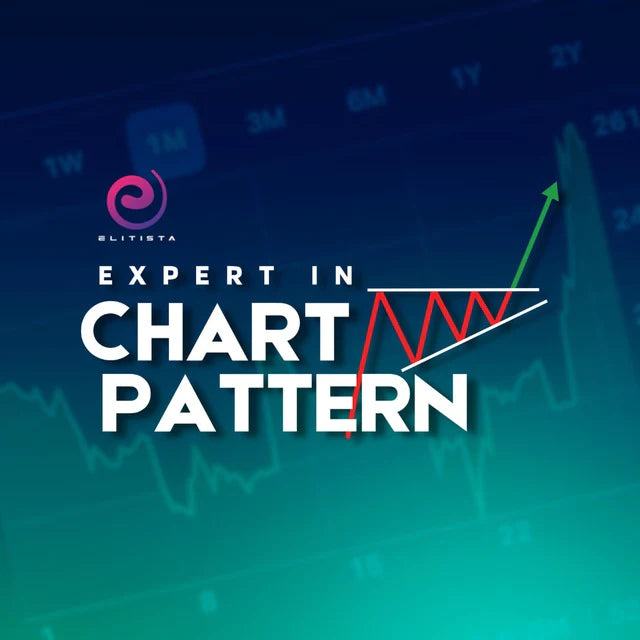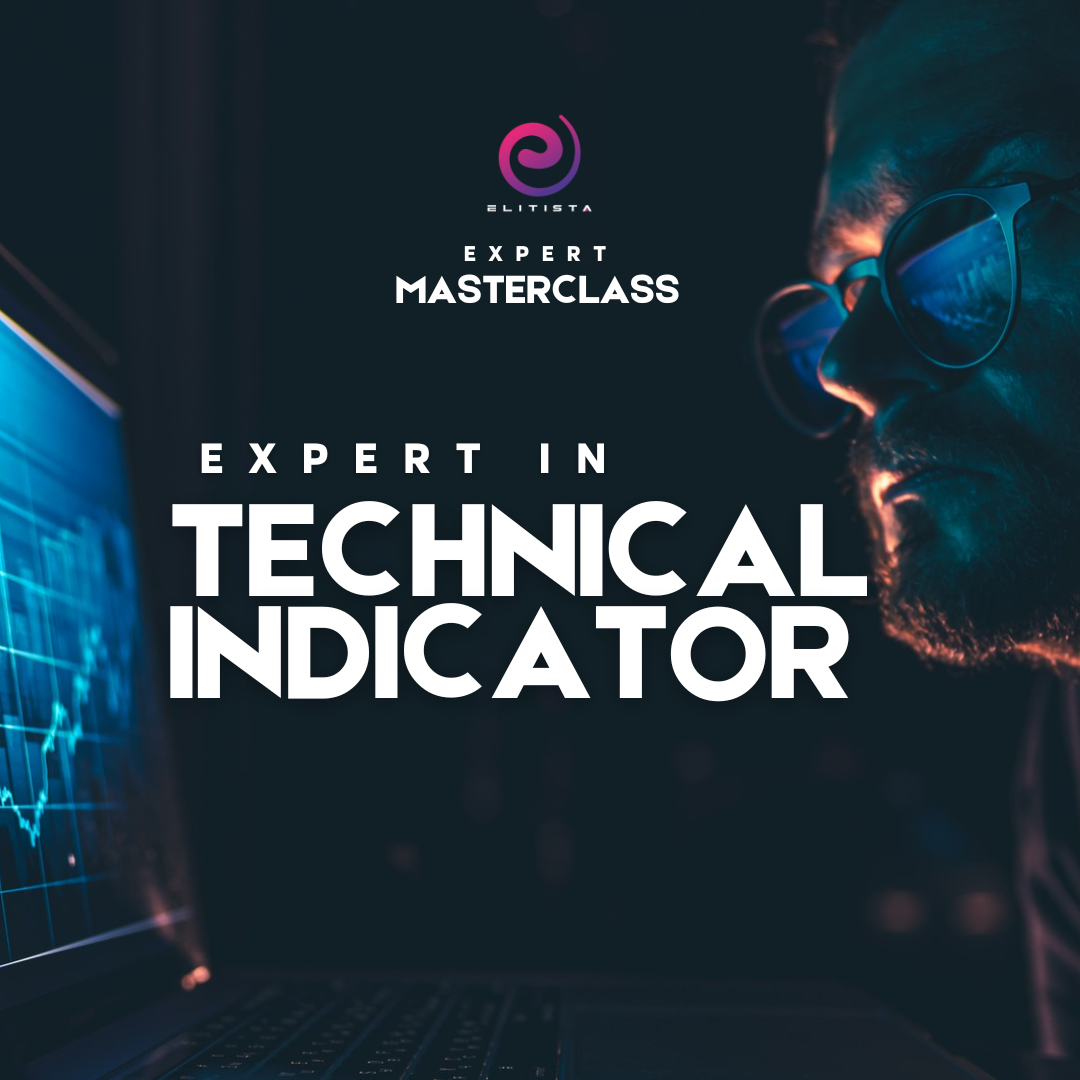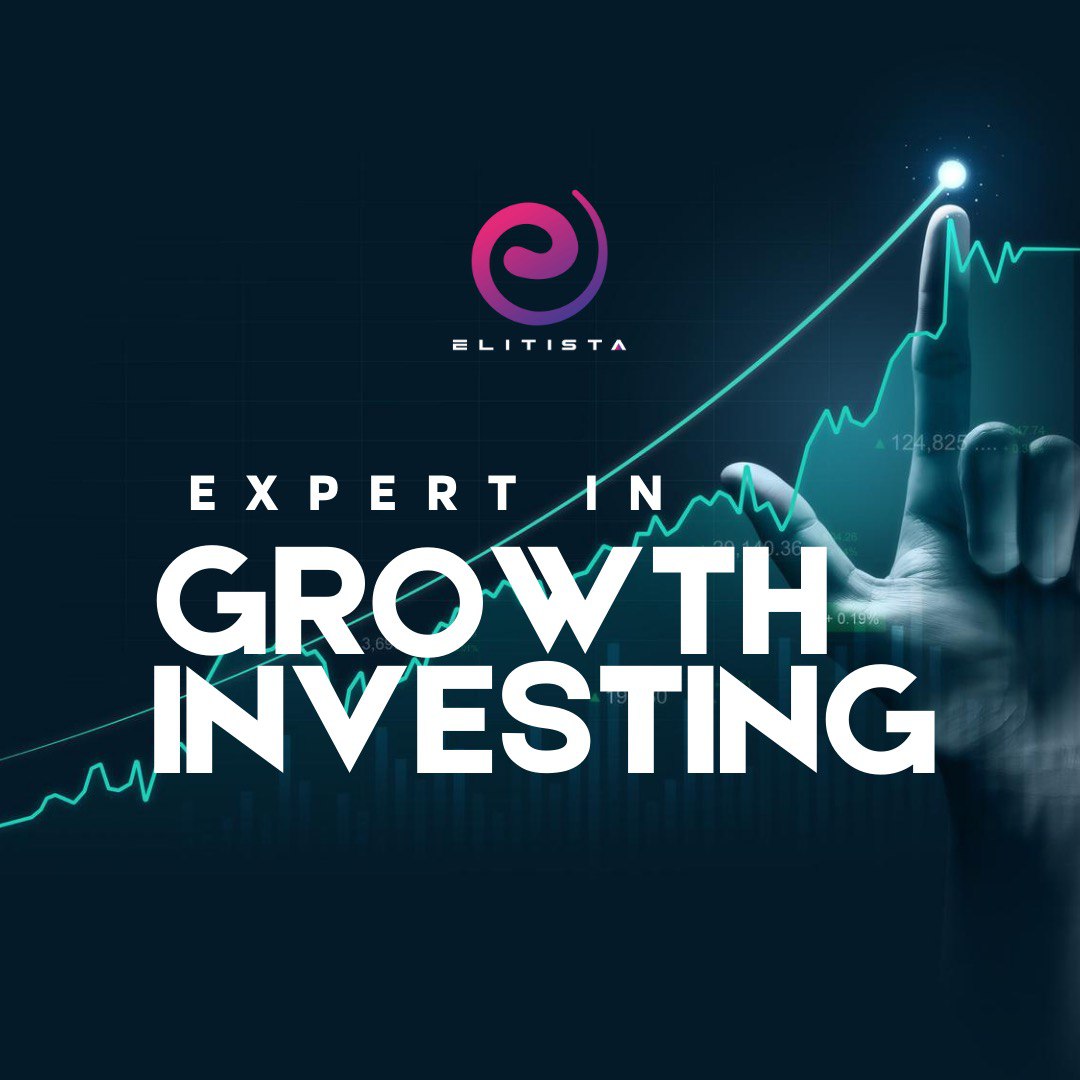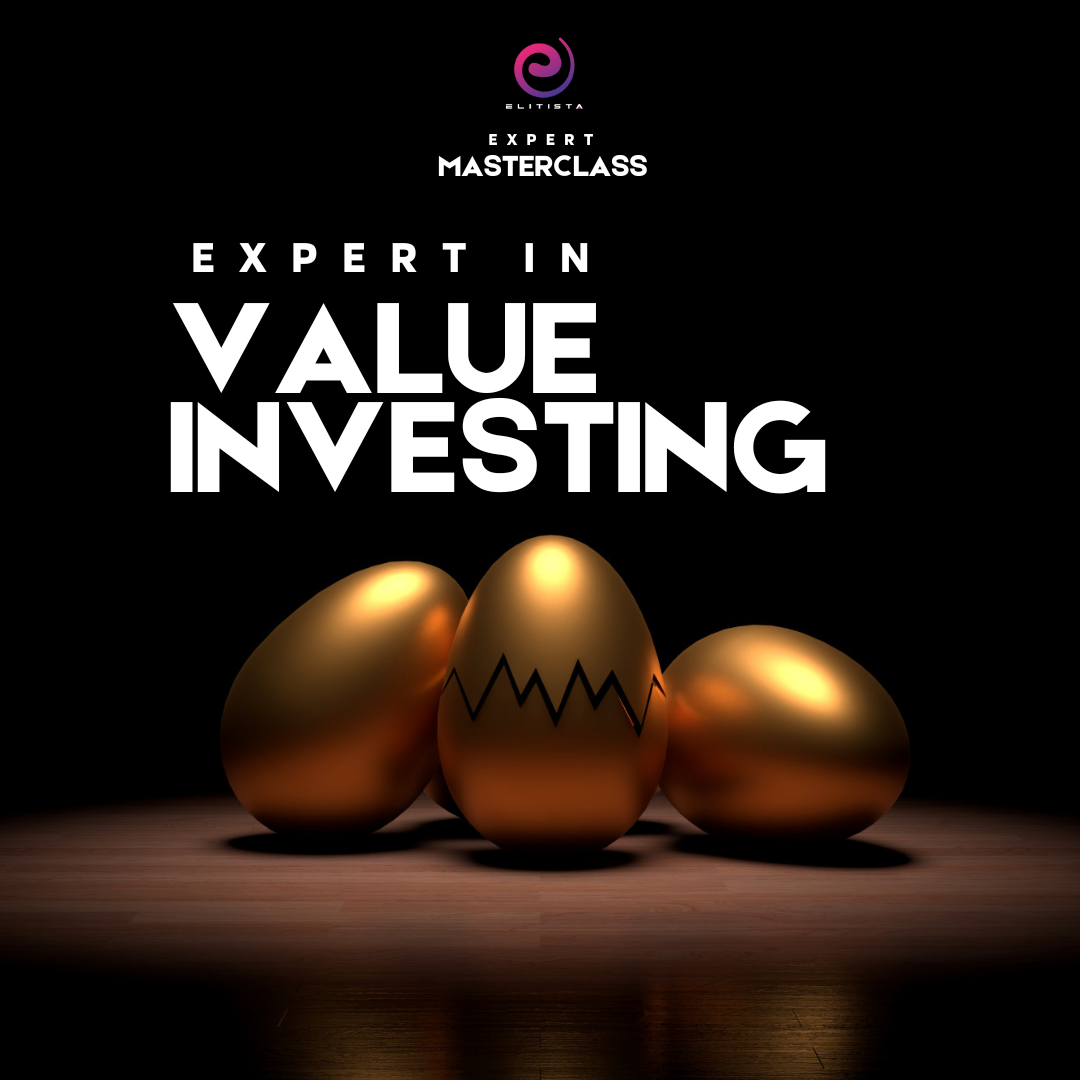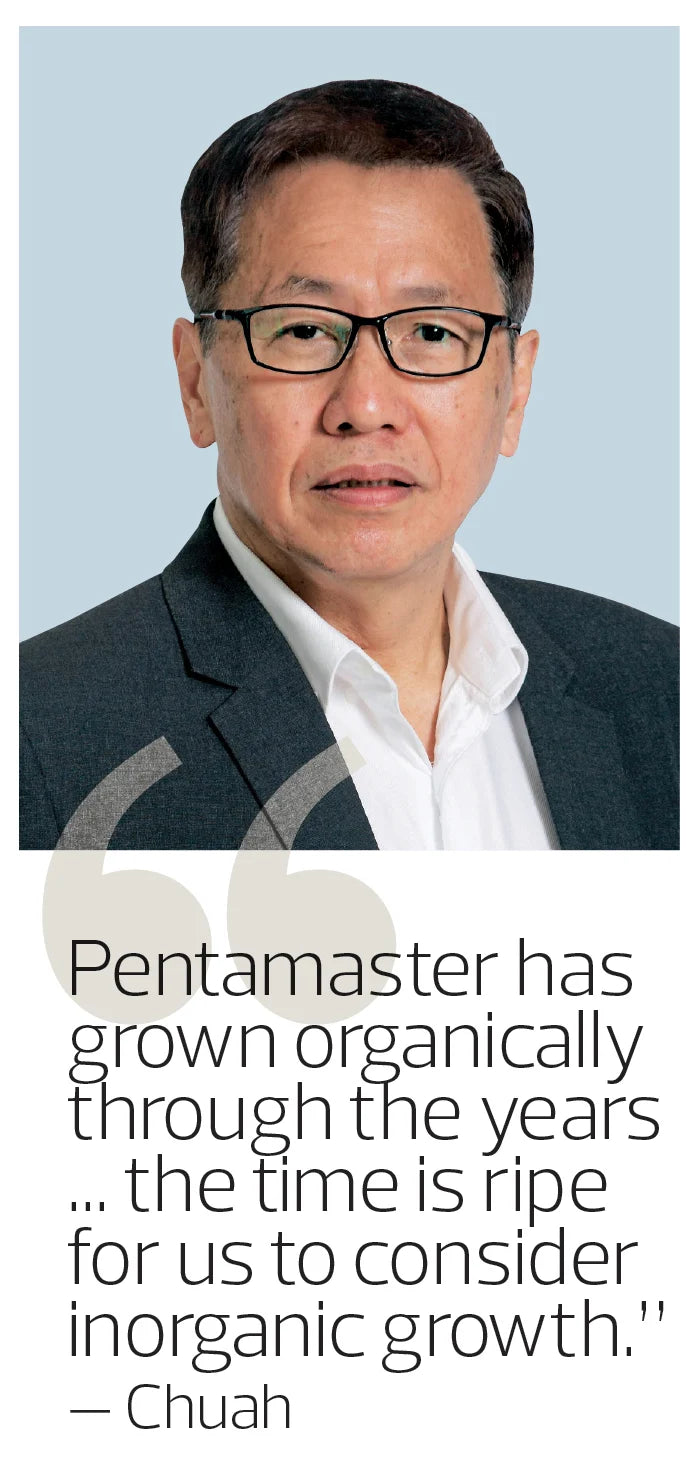
Pentamaster seeks inorganic growth via M&A, eyes billion-ringgit turnover
SINCE its inception in 1991, Penang-based semiconductor equipment vendor and automation house Pentamaster Corp Bhd has been relying heavily on organic growth.
This may no longer be the case, if its recent buying spree is any indication. In July, the automated test equipment (ATE) outfit announced a US$6.78 million (about RM30 million) investment for a 29.9% stake in Taiwan-based Everready Precision Industrial Corp (EPIC); a US$1 million investment in Wisdom Capital Ltd Partnership, a Taiwan-based global deeptech semiconductor fund; and a RM5 million investment for a 6.8% stake in Pingspace Sdn Bhd.
Pentamaster co-founder and executive chairman Chuah Choon Bin, who has his eyes trained on a billion-ringgit turnover target, is looking to enhance earnings growth by seizing more opportunities through mergers and acquisitions (M&A).
“Pentamaster has grown organically through the years and, given the size we are, the market dynamics, geopolitical situation, talent pool size and cash we have in hand, the time is ripe for us to consider inorganic growth,” he tells The Edge in an interview.
Notably, Pentamaster embarked on the M&A strategy in 2019 with its first acquisition — TP Concept Sdn Bhd, which manufactures and assembles medical machines and makes die casting parts — for RM21 million.
Chuah highlights that as a technology company, Pentamaster must continue to be on the lookout for opportunities and stay ahead of the curve to remain relevant for the long haul. “Look at how we maximise our investment in TP Concept. Based on our track record, you may say that while Pentamaster will continue to grow organically, we do not discount the possibility of inorganic growth, given the market conditions and our company’s current position.”
So, how will Pentamaster’s three latest investments contribute positively to the group’s future earnings? What are the synergies to be derived?
Taiwan-based EPIC is an end-to-end solutions provider for opto-electronics, covering high-precision moulds and reflowable lenses to wafer-level optics and diffractive optical elements.
“What intrigues us in investing in this company is that its [technological] capabilities are very much in sync with our test equipment for the opto-electronic segment. It is [with] this company that we co-developed our end-to-end active alignment machine for 3D sensors,” says Chuah.
He notes that EPIC has formed a joint venture in China with a state-owned enterprise to manufacture opto-electronic components and complete modules for the China market.
“Apart from having Pentamaster move up the technology value chain, we also have a platform to offer our test equipment for the opto-electronic segment for a big market in China,” says Chuah.
The investment in Wisdom Capital and Pingspace, he says, ties in with Pentamaster’s strategy to invest in new technologies and businesses that it can leverage and harness to position the group ahead of the technology curve.
“Given the industry we are in and, especially now, the tight labour market and the advancement of technology at a such rapid pace, when we could invest in these [areas] at a quicker pace, tapping the labour talent and technology access platform and yet having the opportunity for investment returns, it is definitely worthwhile for us to [do so],” he adds.
It is worth noting that the sole director and shareholder of Pingspace is his son Chuah Di Ken. The company operates storage and warehouse facilities as well as an e-commerce portal and robotic technology.
Chuah says any future M&A and investment must fit into Pentamaster’s business strategies and, more importantly, help the group grow its existing businesses. “We never measure our investments in [terms of] quantum or size, and we don’t just make a big investment or take over something that we can’t chew on or digest. Of course, we will be very cautious in every investment to avoid grave missteps,” he stresses, adding that it is also value destructive for shareholders if Pentamaster does not use its cash well.
A check on AbsolutelyStocks shows that Pentamaster’s net cash position stood at RM430.5 million as at June 30.
Chuah, 61, is the single largest shareholder of Pentamaster with a direct stake of 19.74%. An electrical and electronics engineering graduate from the University of Auckland in New Zealand, he previously served as an automation engineer at National Semiconductor and Intel Technology Malaysia.
Of Pentamaster’s top 30 shareholders, prominent names include Lembaga Tabung Haji, Kumpulan Wang Persaraan (Diperbadankan), the Employees Provident Fund, AIA Bhd, Great Eastern Life Assurance (M) Bhd, Public Mutual funds, Hong Leong funds and Vanguard funds.

It is worth noting that Pentamaster owns a 63.9% stake in Pentamaster International Ltd — a Cayman Islands-incorporated investment holding company that is listed on the Hong Kong Stock Exchange — which controls its main operating subsidiaries in Malaysia, China, the US, Singapore and Japan.
After setting up an office in Japan last year, Pentamaster will set up a new office in Germany this year, followed by Indonesia and the Middle East next year.
“In 2022 and 2023, we will further strengthen our businesses by setting up more subsidiaries overseas to support our customers better,” says Chuah.
Share price correction presents an opportunity?
The share price of Main Market-listed Pentamaster had declined 28% year to date (YTD) to close at RM4.01 last Thursday, giving the company a market capitalisation of RM2.86 billion. The counter is currently trading at a historical price-earnings ratio (PER) of 36 times.
In comparison, the Hong Kong-listed PIL fell 32% to settle at HK$0.88 last Thursday, bringing its market capitalisation to HK$2.11 billion (RM1.2 billion). The stock is trading at a much lower PER of 9.5 times.
Nevertheless, Chuah insists that the comparison between the Hong Kong equity market and the local stock market is not exactly an apple-to-apple comparison.
“Most ATE companies in the region — in Japan, South Korea and Hong Kong — are trading at trailing PERs of nine to 13 times. Bear in mind, these are major companies with higher earnings and bigger revenue and yet, they are cheaper in PER terms vis-à-vis Bursa-listed technology companies that are relatively much smaller in scale,” he points out.
“This shows that Malaysia is a very captive market. My opinion is to be an investor, not a trader. A classic example — if you invested in Pentamaster 10 years ago, your return would be a whopping 7,000+%! So, I let the market investors make their own decision.”
When asked further whether the YTD correction of ATE stocks has presented an opportunity for investors, Chuah acknowledges that it is hard to make a call based on PER alone, more so when it is historical trailing data. For instance, he says, all the locally listed rubber glove companies are currently trading at extremely low PERs despite the fact that most of them are among the biggest manufacturers in the world.
“It was just two years ago when these stocks were the ‘must haves’ while technology stocks were ignored. What has happened since? Personally, I always advocate fundamentals, which includes earnings, business strategies and growth, as well as balance sheet and cash flow from operations,” he elaborates.
Diversification to weather downturn
Commenting on the industry outlook and global chip shortage, Chuah acknowledges that the semiconductor for consumer sector is indeed heading towards a downturn due to inflation. Nonetheless, he observes that the semiconductor industry has seen and will continue to see robust growth of silicon carbide power module application in the automotive sector.
“With our diversification strategy into the electric vehicle (EV) sector about four to five years ago, we have benefited from the growing demand for silicon carbide power module semiconductors in EV cars,” says Chuah.
Currently, more than half of Pentamaster’s order book for the ATE segment consists of EV silicon carbide power wafer burn-in, module assembly and test equipment.
Chuah goes on to say that semiconductor shortages have encouraged global companies to make huge investments for capacity expansion, and this trend has brought plenty of opportunities for the local equipment makers.
“For Pentamaster, our revenue growth from the auto sector has cushioned the potential downturn of semiconductors in the consumer sector. In fact, our customers from the auto sector have accelerated their investment for the potential boom of EV car demand,” he says.
Pentamaster saw its revenue grow 21% to RM508.4 million in the financial year ended Dec 31, 2021 (FY2021), up from RM418.8 million a year earlier. Its net profit increased 3% to RM72.9 million in FY2021, from RM70.9 million the year before.
The group generated earnings of RM39.6 million in the first half of this year (1HFY2022), on revenue of RM297.4 million.
Chuah says Pentamaster has set a grand plan and road map to achieve revenue growth of 20% per annum and, hopefully, its turnover could hit the RM1 billion mark by FY2025. “With a strong sales forecast for the coming years, our company is poised for strong revenue growth, with the need to expand our production capacity, research activity and engineering staff.”

